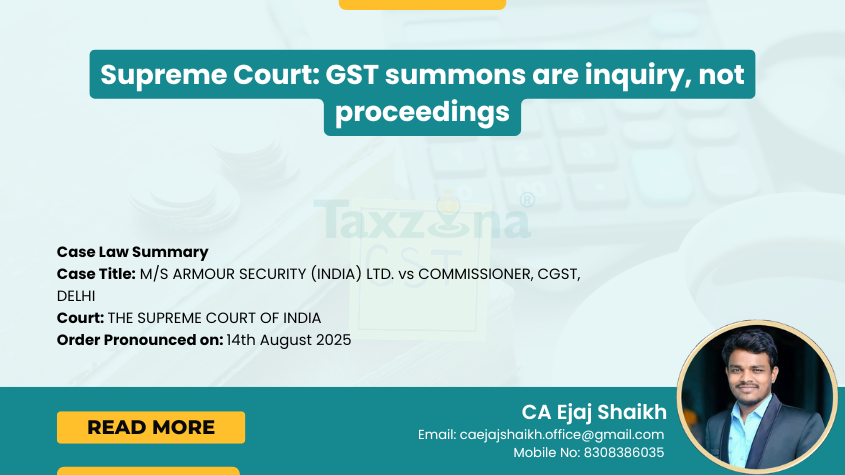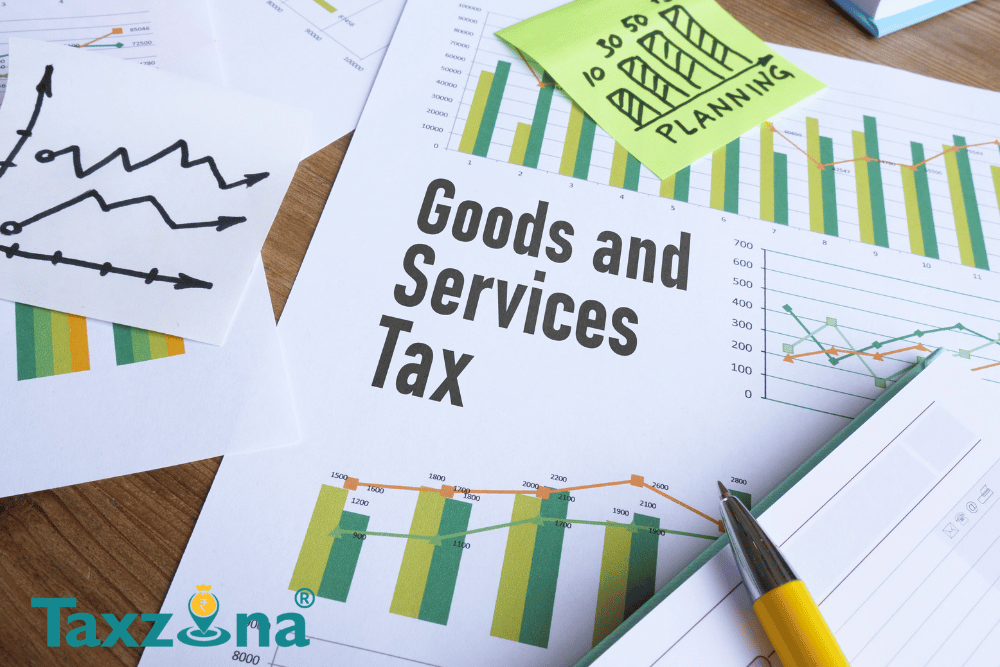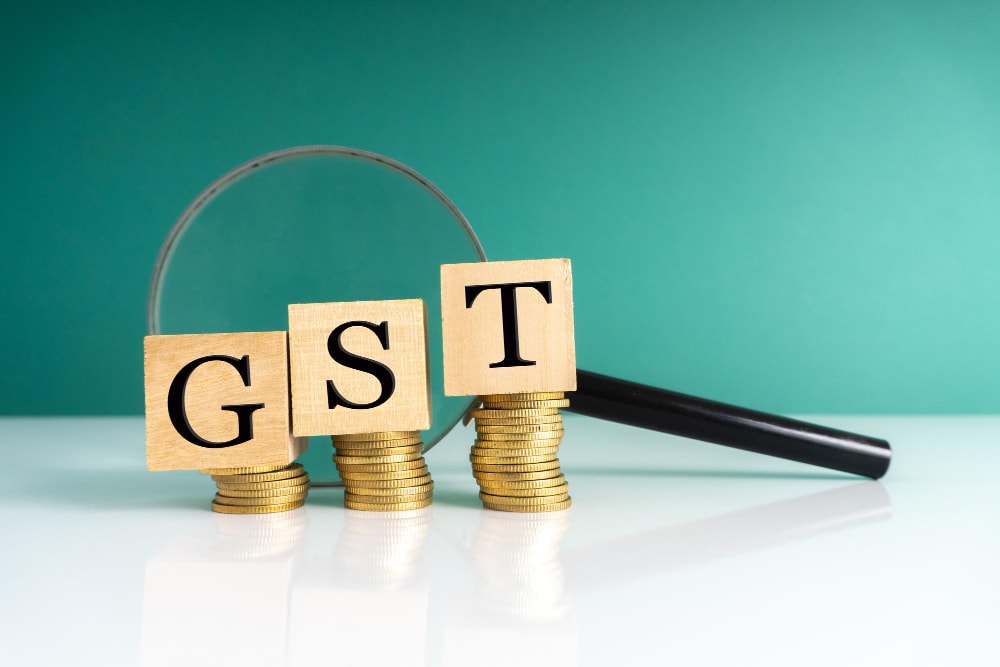Supreme Court Clarifies GST Summons vs Proceedings

1. Issue Involved
- The primary issue before the Hon’ble Supreme Court was whether the issuance of summons under Section 70 of the Central Goods and Services Tax Act, 2017 by the Central GST authorities could be construed as the “initiation of proceedings” for the purposes of Section 6(2)(b) of the CGST Act, particularly when the State GST authorities had already issued a show cause notice (SCN) on the same subject matter.
- The question required the Court to interpret the scope of the expression “any proceedings” under Section 6(2)(b). On one hand, the assessee argued that once proceedings are initiated by one authority (State GST), the other (Central GST) is barred from initiating parallel proceedings on the same subject. On the other hand, the Department contended that a summons or inquiry under Section 70 cannot be equated with adjudicatory proceedings, and hence, the bar under Section 6(2)(b) would not apply.
- The controversy thus centred on a delicate balance between two key pillars of GST law: the single interface mechanism to avoid duplication and harassment of taxpayers, and the principle of cross-empowerment, which allows both Central and State authorities to undertake enforcement and investigation across the entire taxpayer base.
Facts of the Case
- The petitioner, M/s Armour Security (India) Ltd., is a public limited company engaged in providing security services, duly registered under GST.
- On 18.11.2024, the company was issued a show cause notice by the State GST authorities under Section 73 of the CGST Act for the financial year 2020–21. The demand raised was approximately ₹1.24 crores, comprising tax, interest, and penalty. The grounds for demand were twofold – first, alleged under-declaration of turnover based on discrepancies between GSTR filings and e-way bills; and second, irregular availment of input tax credit (ITC), especially from suppliers whose registrations had been cancelled.
- While the said SCN was pending adjudication, on 16.01.2025, the Central GST officers conducted a search under Section 67(2) of the Act at the petitioner’s premises. During the search, documents and electronic devices were seized, and statements were recorded. Following this, summons under Section 70 were issued to the directors of the company, requiring them to appear and furnish relevant records.
- On 23.01.2025, another summons was issued by the Central GST authorities directing the production of specific documents. The petitioner objected to the issuance of summons on the ground that since the State GST authorities had already initiated proceedings by way of SCN, the Central authorities lacked jurisdiction under Section 6(2)(b) to initiate further action on the same subject matter.
- The petitioner filed a writ petition before the Delhi High Court, which was dismissed on 07.02.2025. The High Court held that summons and inquiries are not “proceedings” within the meaning of Section 6(2)(b) and hence, the Central GST authorities had acted within jurisdiction. Aggrieved by this decision, the petitioner filed a special leave petition before the Supreme Court.


3. Observations of the Court
The Hon’ble Supreme Court made several important observations in the matter.
- Firstly, the Court examined the nature and scope of the summons under Section 70. It held that summons are a tool for inquiry and investigation and are not adjudicatory in nature. The purpose of a summons is to compel attendance, secure evidence, and obtain documents. Such an exercise does not itself culminate in a demand, penalty, or assessment order. Therefore, a summons cannot be equated with the “initiation of proceedings” as envisaged under Section 6(2)(b).
- Secondly, the Court analysed the purpose of Section 6(2)(b). It noted that the objective of this provision is to prevent dual adjudication by both Central and State authorities on the same subject matter, thereby protecting taxpayers from harassment and multiplicity of proceedings. However, the Court emphasised that Section 6(2)(b) was never intended to bar parallel inquiries or investigations, which are pre-adjudication steps. The distinction between investigation and proceedings is crucial; the former is preparatory, while the latter is determinative.
- Thirdly, the Court referred to the Circular dated 05.10.2018 issued by CBIC and subsequent clarifications, which expressly authorise both Central and State authorities to undertake intelligence-based enforcement actions. These circulars clarify that once such action is initiated by either authority, it should be carried forward by that authority to its logical conclusion. This scheme, according to the Court, preserves both cross-empowerment and a single interface.
- Fourthly, the Court interpreted the phrase “same subject matter” in Section 6(2)(b). It held that the term refers to the substantive adjudicatory issue, such as the demand of tax, ITC reversal, or imposition of penalty. The Court stressed that it would be a strained interpretation to include within this phrase summons, search, or seizure, since these are only procedural steps to gather evidence and do not themselves determine liability.
- Finally, the Court reviewed the conflicting High Court jurisprudence. It noted that the Allahabad High Court in G.K. Trading (2020), the Madras High Court in Kuppan Gounder (2021), and the Kerala High Court in K.T. Saidalavi (2024) had consistently held that summons and inquiries do not fall within the bar of Section 6(2)(b). On the other hand, the Court distinguished the Jharkhand High Court’s ruling in Vivek Narsaria (2024), where both State and Central authorities had issued simultaneous demands, creating a case of dual adjudication. That was not the situation in the present case.
4. Judgment of the Court
- The Supreme Court dismissed the appeal and upheld the Delhi High Court’s ruling. It held that the issuance of a summons under Section 70 is not the initiation of proceedings under Section 6(2)(b) of the CGST Act. Therefore, the Central GST authorities were well within their jurisdiction to issue a summons and conduct an inquiry, notwithstanding the fact that the State GST authorities had already issued an SCN on the same issue.
- The Court reiterated that the bar under Section 6(2)(b) applies only to formal adjudicatory proceedings, namely those under Sections 73 and 74 of the Act. Since summons are only investigative in nature, they fall outside the ambit of Section 6(2)(b). Thus, the taxpayer cannot resist compliance with a summons by invoking this provision.
6. Key Learnings from the Judgment
This judgment establishes several key principles. First, summons under Section 70 are investigative in nature and cannot be regarded as the initiation of proceedings under Section 6(2)(b). Second, the bar under Section 6(2)(b) applies only to adjudicatory proceedings, such as issuance of SCN under Sections 73/74, assessment, demand, and penalty.
Third, the ruling reinforces the principle of a single interface in adjudication, while also preserving the cross-empowerment of enforcement by both Central and State authorities. Fourth, taxpayers cannot avoid compliance with summons or search proceedings on the ground that another authority has already initiated adjudication. The judgment thus delineates a clear separation between investigation and adjudication.
7. Conclusion
In conclusion, the Supreme Court in M/s Armour Security (India) Ltd. v. Commissioner, CGST, Delhi East Commissionerate (2025) has provided a landmark interpretation of the interplay between Section 70 and Section 6(2)(b) of the CGST Act.
The Court has categorically held that while summons, search, and seizure proceedings may be undertaken by both Central and State authorities, the prohibition against parallel proceedings under Section 6(2)(b) applies only to adjudicatory actions. This ensures that the objective of GST as a unified tax system with a single adjudicatory interface is preserved, while also allowing both authorities the power to investigate effectively.
The judgment brings much-needed clarity to taxpayers and enforcement agencies alike and will serve as a guiding precedent in future disputes involving the jurisdiction of multiple GST authorities.
Recent Post
Have Any Question?
Our experts at Taxzona are here to help you with GST, Income Tax, and all your financial queries. Get reliable guidance tailored to your business and personal needs.

